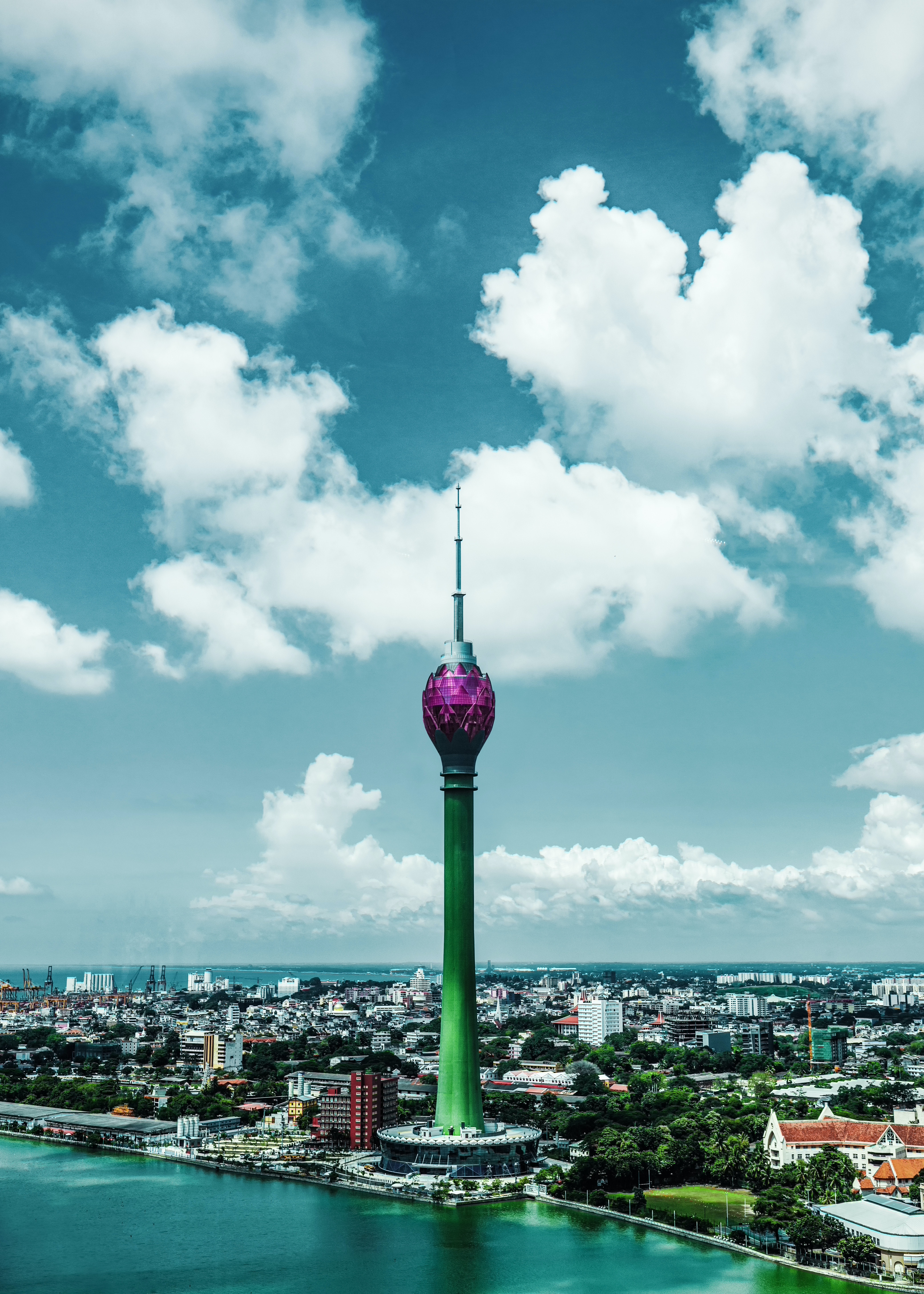Economy
Glimmer of Hope for Sri Lanka's Economy in Q1-2023, but Challenges Remain

Glimmer of Hope for Sri Lanka's Economy in Q1-2023, but Challenges Remain
The first quarter of 2023 has brought with it a glimmer of hope for Sri Lanka's economy, which has been struggling in recent years. Despite some positive signs, however, it remains unclear whether the country can sustain this momentum and achieve long-term growth.
The Central Bank of Sri Lanka recently reported that the country's gross domestic product (GDP) grew by 3.6% in the first quarter of 2023, compared to the same period the previous year. This marks a significant improvement from the previous quarter, when the economy grew by just 1.5%.There are a number of factors that have contributed to this growth, including increased industrial production and higher demand for Sri Lankan exports. The manufacturing sector, in particular, has seen strong growth, with production increasing by 6.9% in the first quarter of 2023. The agriculture sector has also performed well, with tea and rubber exports increasing significantly. In addition, the tourism industry has shown signs of recovery, with a 29% increase in tourist arrivals in the first quarter of 2023 compared to the previous year. This is particularly notable given that the tourism industry has been one of the hardest hit by the COVID-19 pandemic and related travel restrictions.
Despite these positive signs, however, there are still significant challenges facing Sri Lanka's economy. The country's debt levels remain high, and the government has been struggling to implement economic reforms that are necessary to address these issues. In addition, the country's political climate remains uncertain, with ongoing tensions between the ruling government and opposition parties. This has contributed to a sense of instability and uncertainty, which can deter foreign investment and negatively impact economic growth. Moreover, there are concerns about the country's ability to maintain its recent growth in the face of ongoing challenges such as inflation and rising commodity prices. The Central Bank of Sri Lanka has acknowledged these concerns and has emphasized the need for continued reforms and policy measures to support sustained economic growth.
Overall, while the first quarter of 2023 has brought some positive news for Sri Lanka's economy, it remains unclear whether the country can sustain this momentum and achieve long-term growth. The challenges facing the country, including high debt levels, political instability, and ongoing economic pressures, will require significant and sustained efforts to address. To achieve sustained economic growth, Sri Lanka will need to focus on a number of key areas, including implementing structural reforms to reduce debt levels, promoting foreign investment, and improving infrastructure and education. The country will also need to address the ongoing political tensions that have contributed to a sense of instability and uncertainty. Moreover, the country's government and policymakers will need to prioritize policies and initiatives that promote sustainable economic development and ensure that the benefits of growth are shared equitably across the population. This will require a focus on inclusive growth, which prioritizes the needs of all Sri Lankans, regardless of socioeconomic status or other factors.
In conclusion, while the first quarter of 2023 has brought some positive news for Sri Lanka's economy, the country still faces significant challenges in achieving sustained economic growth. Addressing these challenges will require a sustained effort from government, policymakers, and the private sector, as well as a commitment to inclusive and sustainable development that prioritizes the needs of all Sri Lankans.